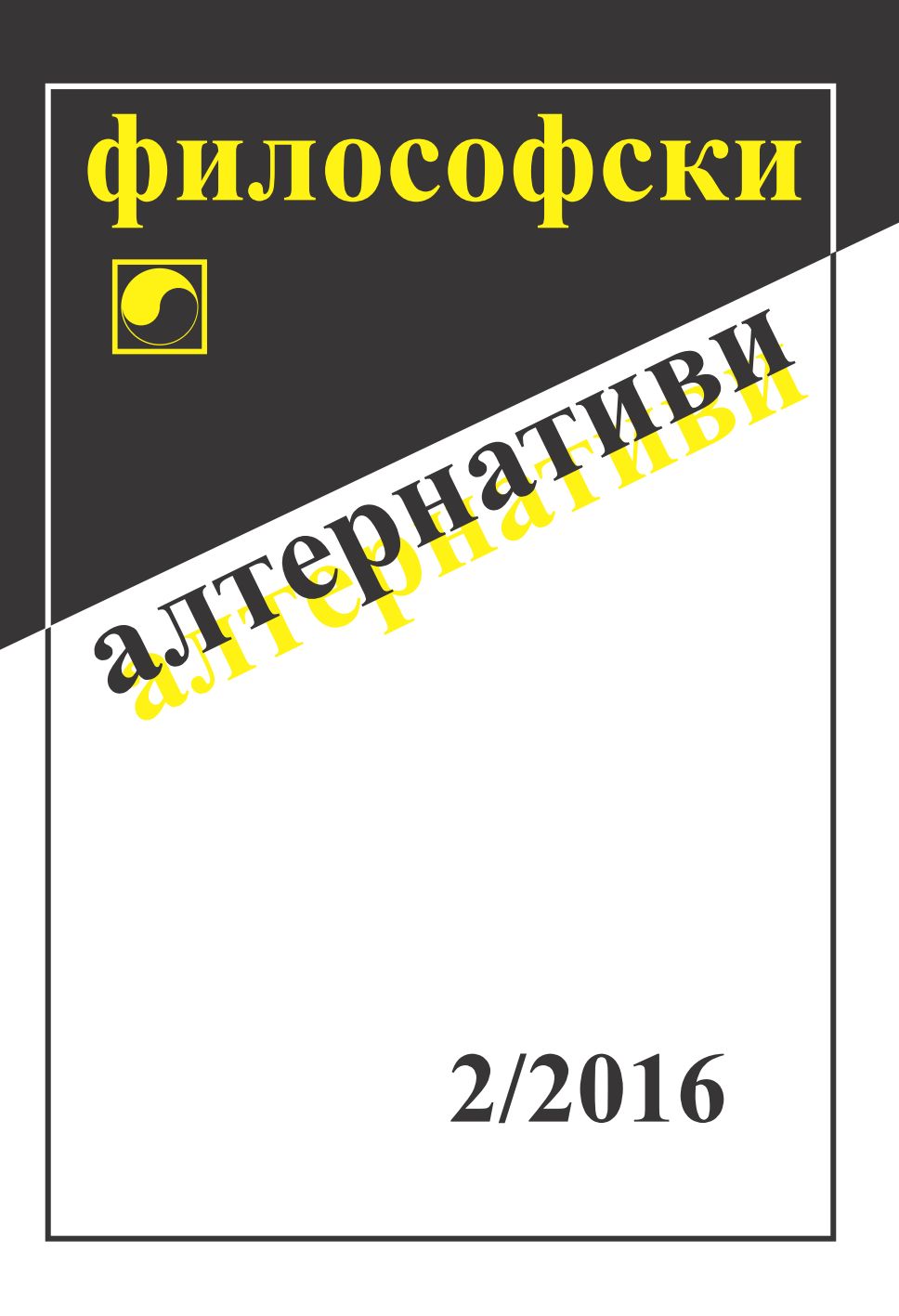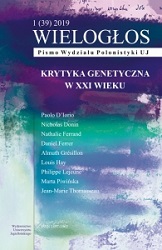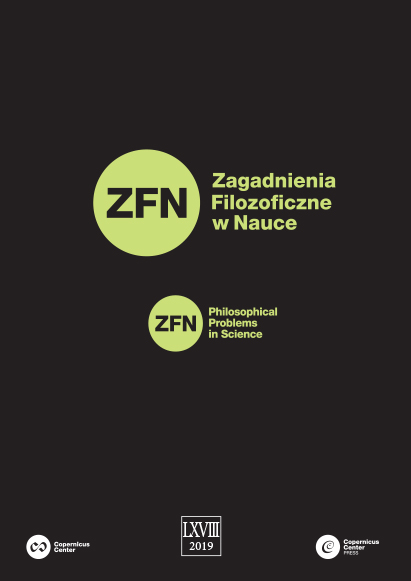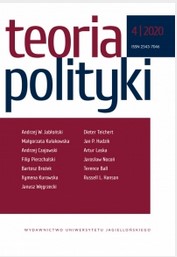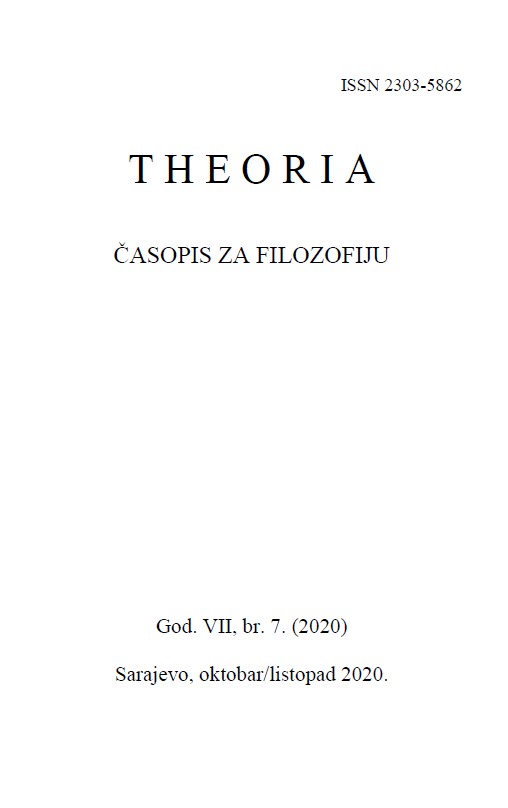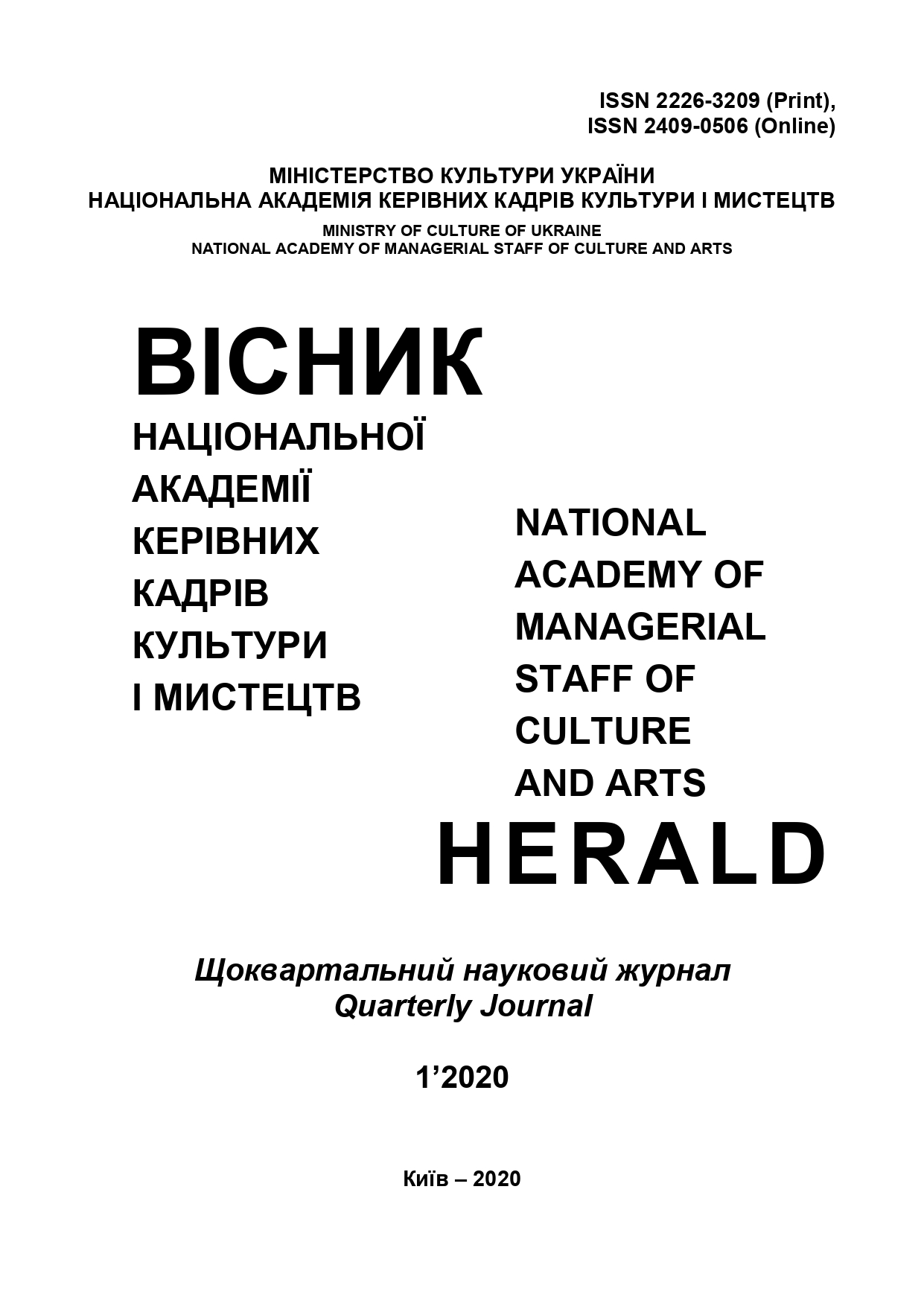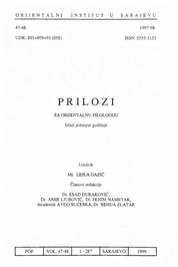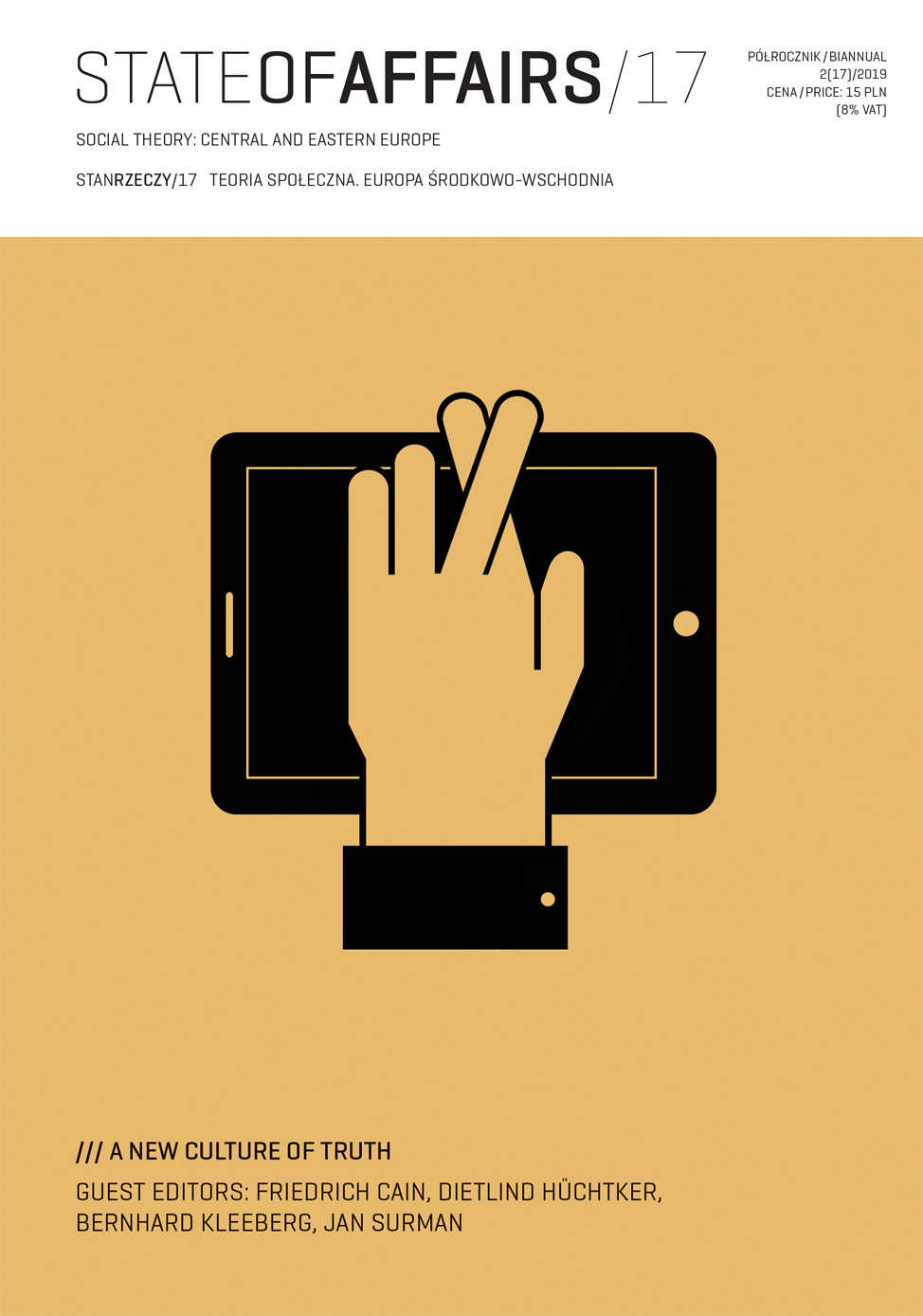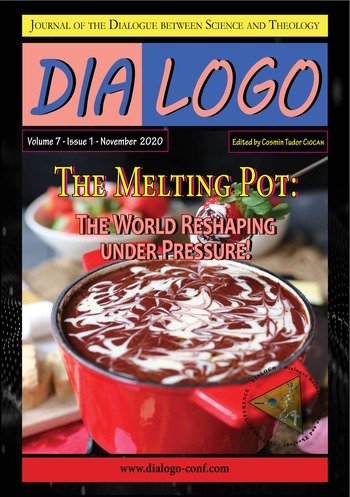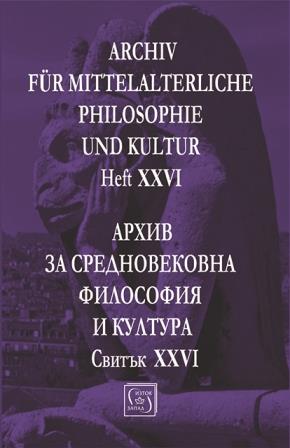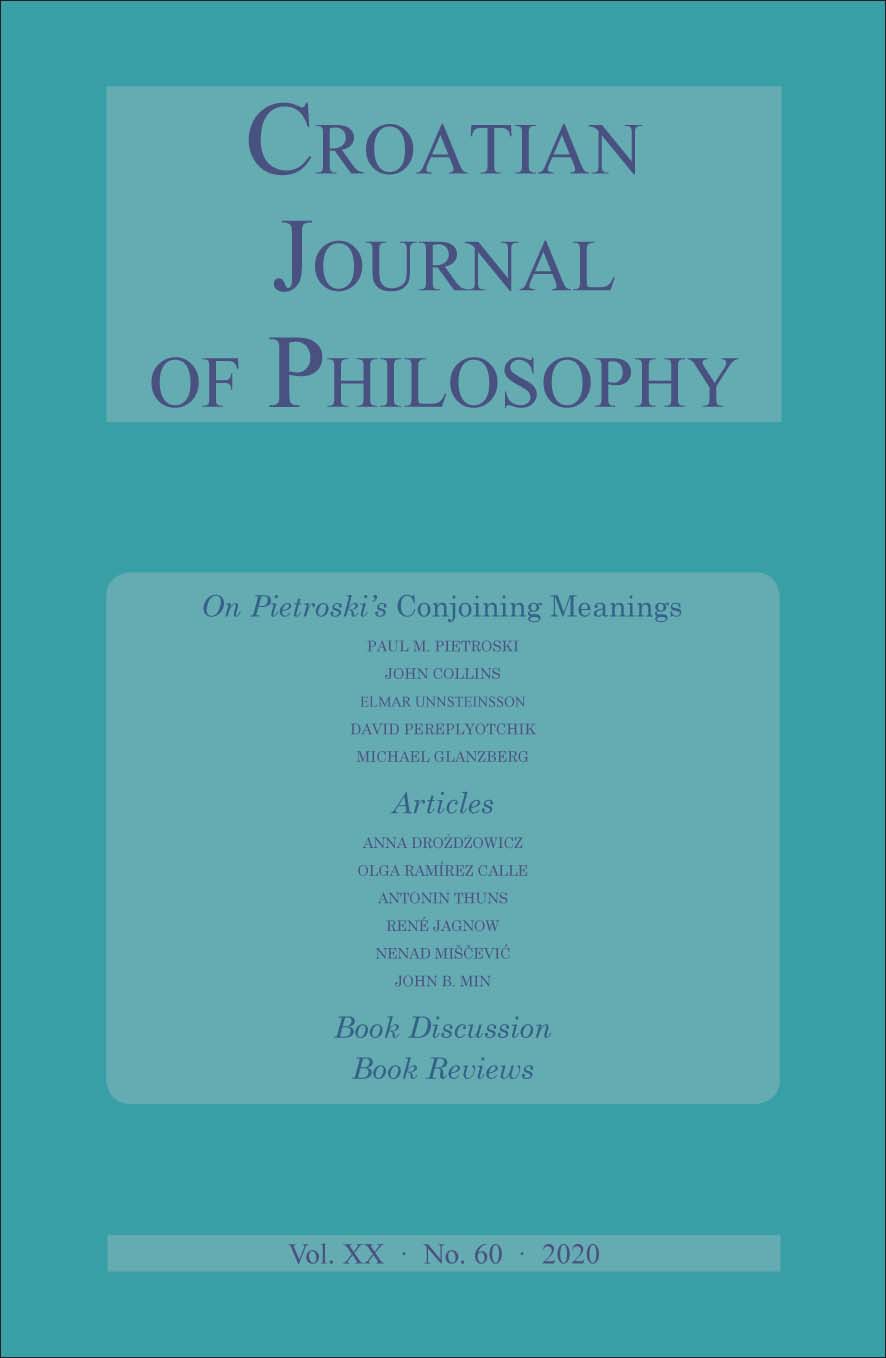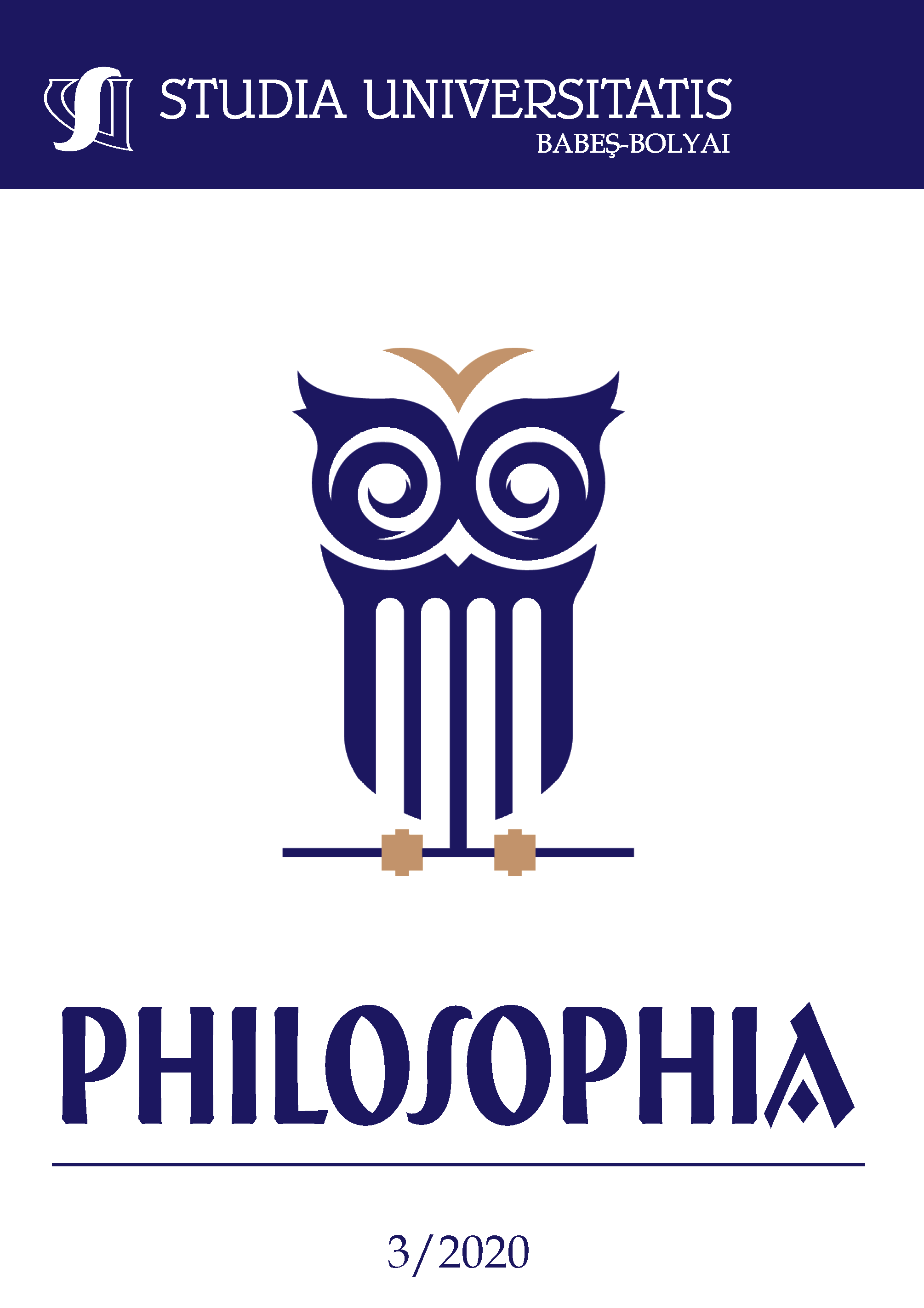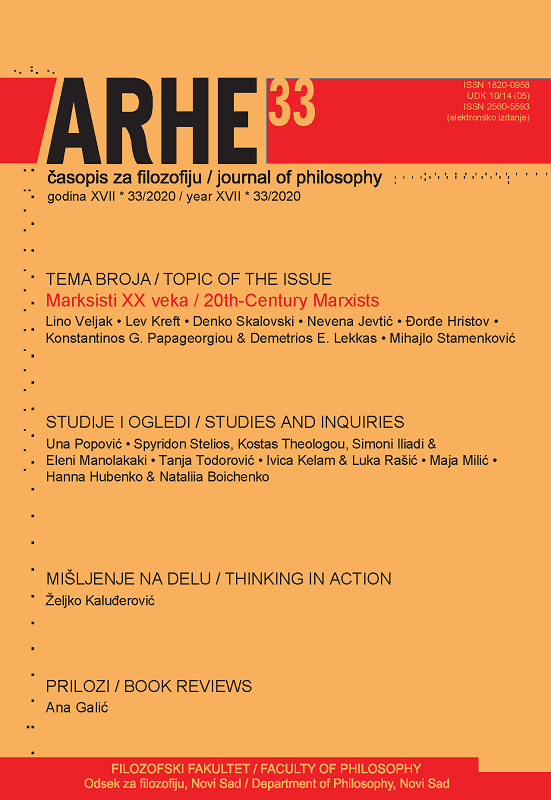Author(s): Svitlana Shman / Language(s): Ukrainian
Issue: 1/2020
The purpose of the article. To reveal the methodological principles of the functioning of the examination in the field of culture and art, to systematize and analyze the various branches of these studies. Clarification of the purpose and content of the concept of "examination of cultural values", taking into account the specifics of its tasks and methods of such research. The problems of the development of domestic expert activity in the field of culture and art are highlighted. Methodology. In order to achieve the goal, analytical, historical, epistemological-axiological and method of theoretical generalization were used to specify the problem of expert activity. The scientific novelty of the results obtained is the need to formulate the main methodological foundations for the study of works of art as a component of preservation and study of material and spiritual heritage; trace the purpose, tasks, and functions of expert studies of works of art; understanding of the principles and methods of studying cultural values, while conducting art criticism, judicial, commodity research, and state expertise. Conclusions. State, legal, commodity research of works of art, bringing together different experts, gives rise to a special reality, fixed by the concept of "expert activity". The methodological principles of expertise in the field of culture and the arts are considered as a general expert system, where the formulation of the purpose of the research and the specification of the tasks determine the principles and methods of work of the expert with similar objects of research. Nowadays, experts in various fields and fields of activity are actively involved in the study of cultural values, which led to the emergence and formation of a powerful national school of culture expertise. In order to understand the place of expertise in the system of protection and popularization of cultural property, it is necessary to clarify and systematize existing basic concepts concerning cultural objects.
More...
